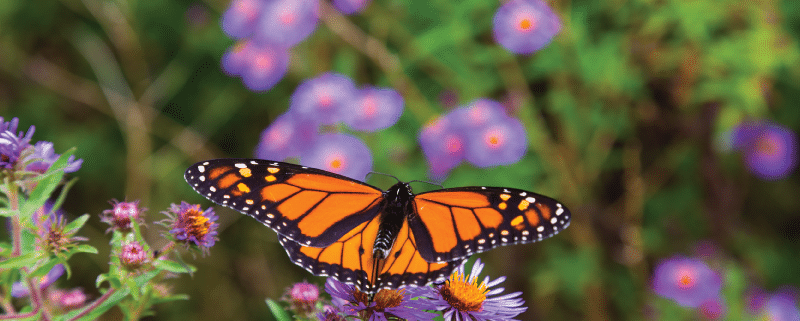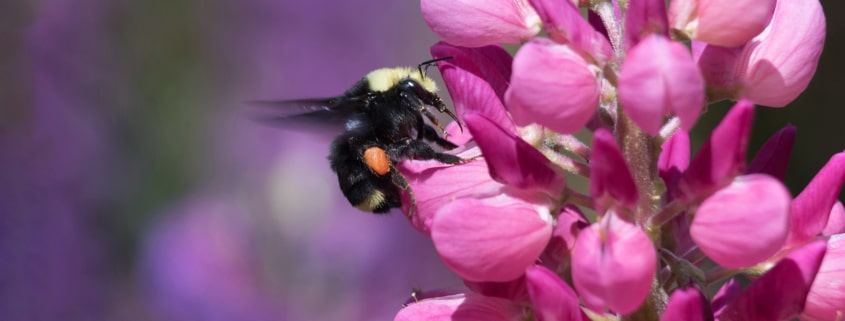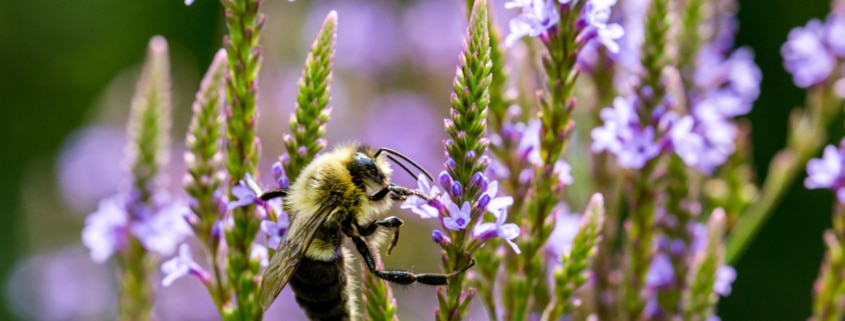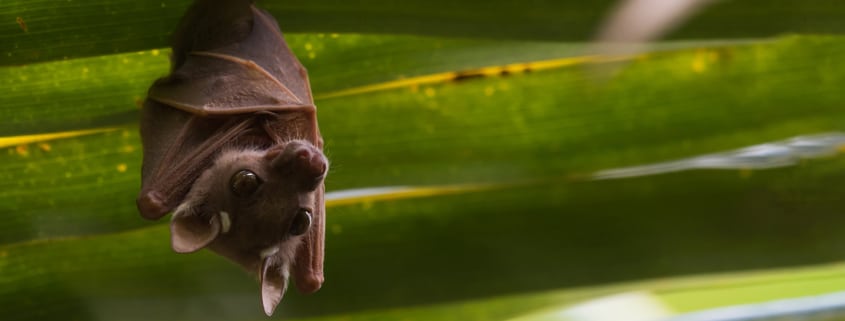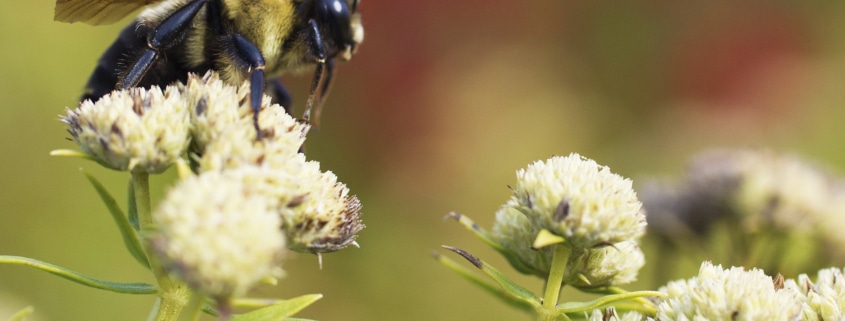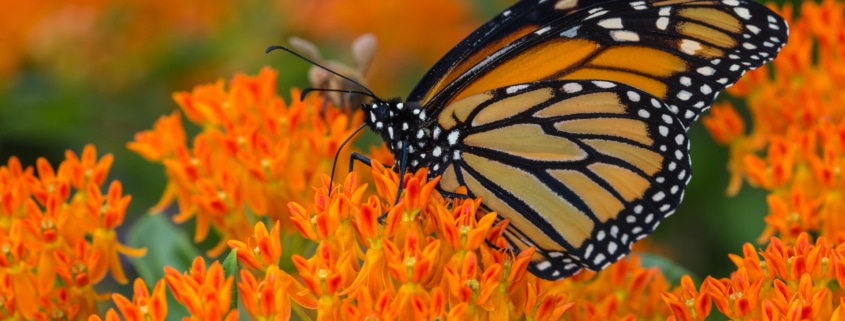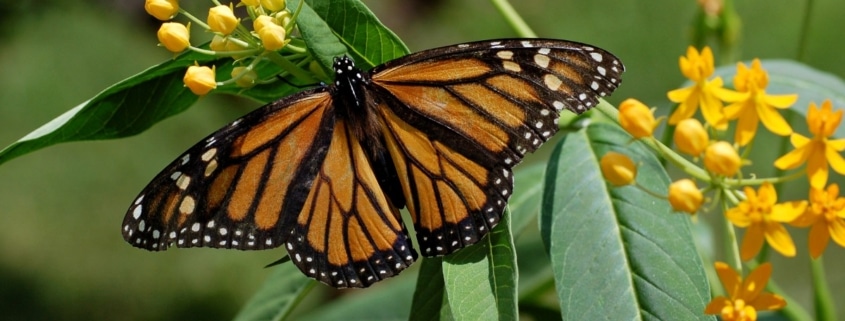Looking out for Pollinators: Strengthening Pollinator Projects through Monitoring and Citizen Science
…
Pollinator projects empower corporate conservation teams to address global biodiversity issues through site-based action. Providing native pollinators with host and nectar plants is an important part of such conservation efforts, but the work doesn’t stop once milkweed and bee balm have taken root. From there, participants must regularly monitor the habitat. Tying these monitoring efforts to larger citizen science initiatives provides employees and community members with an opportunity to contribute data to large-scale efforts that track species distribution and movement.
In this webinar, a natural resource specialist from Maricopa County Parks and Recreation will discuss the importance of citizen science and other monitoring efforts, reflect on her experience with citizen science efforts in Arizona, and provide resources on starting and monitoring a pollinator project anywhere.
What you’ll learn:
- The important role that citizen science plays in pollinator conservation
- Best practices for monitoring monarchs and other native pollinators
- Ideas for creating or enhancing pollinator habitat at your workplace
Who should take this webinar:
- Anyone interested in starting a pollinator project at their workplace or improving their monitoring efforts
- Site teams looking to incorporate citizen science into their conservation work
Presenters:
- Juanita Armstrong, Natural Resource Specialist, Maricopa County Parks and Recreation Department
